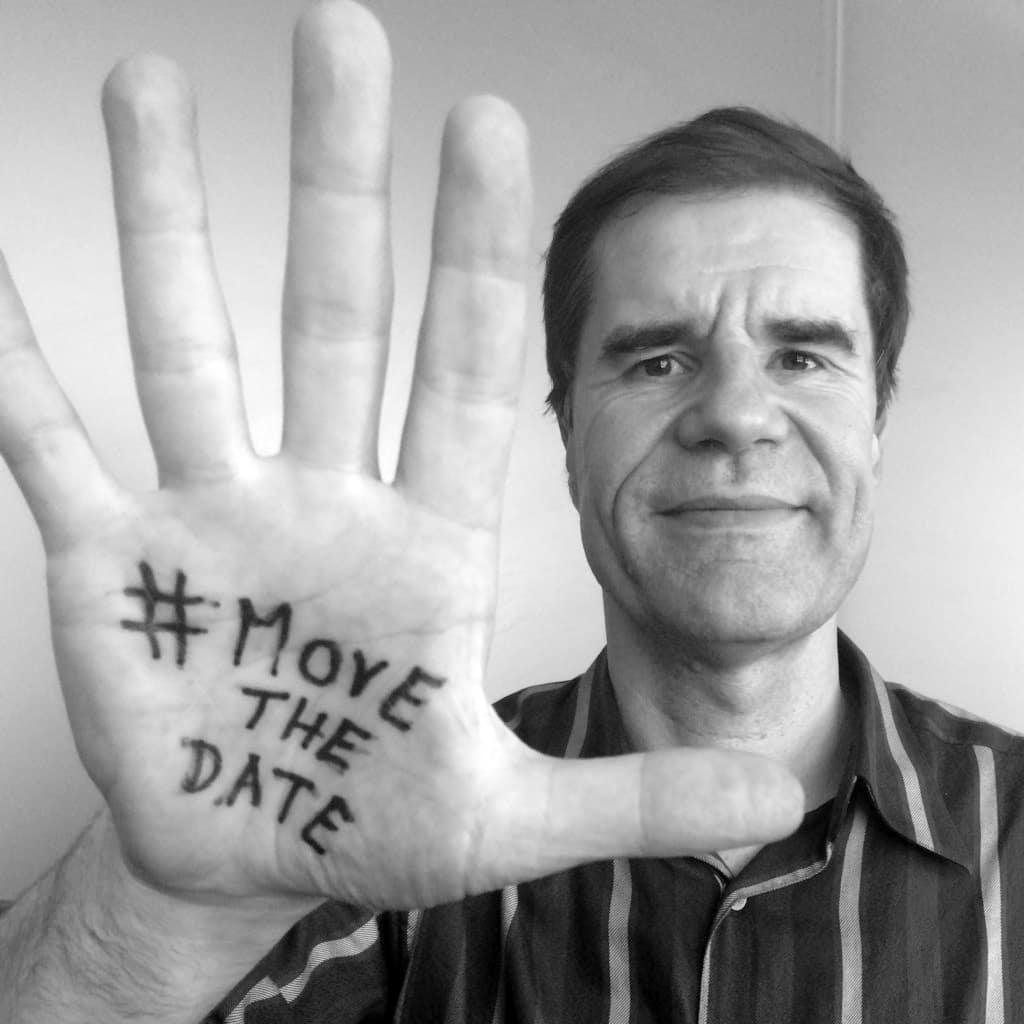No products in the cart.
Mathis Wackernagel

Member of the Scientific Council (ECP) since 2021.
Guest Expert at Transition Workshop since 2020.
Mathis Wackernagel is co-creator of the Ecological Footprint and President of Global Footprint Network. He completed a Ph.D. in community and regional planning with Professor William Rees at the University of British Columbia, where his doctoral dissertation developed the Ecological Footprint concept. Mathis also earned a mechanical engineering degree from the Swiss Federal Institute of Technology.
Mathis also graduated from the EPFL with a degree in mechanical engineering. Mathis has worked on sustainability with governments, corporations and international NGOs on six continents and has lectured at more than a hundred universities. He previously served as director of the Sustainability Program at Redefining Progress in Oakland, California, and ran the Centro de Estudios para la Sustentabilidad at Anáhuac University in Xalapa, Mexico.
Mathis has authored and contributed to more than 50 peer-reviewed papers, numerous articles, reports and various books on sustainability that focus on embracing resource limits and developing metrics for sustainability, including Our Ecological Footprint: Reducing Human Impact on the Earth; Sharing Nature’s Interest; Der Footprint: Die Welt neu vermessen; Ecological Footprint: Managing Our Biocapacity Budget; and WWF International’s Living Planet Report.
Mathis’ awards include the 2018 World Sustainability Award, the 2015 IAIA Global Environment Award, being a 2014 ISSP Sustainability Hall of Fame Inductee, the 2013 Prix Nature Swisscanto, 2012 Blue Planet Prize, 2012 Binding Prize for Nature Conservation, the 2012 Kenneth E. Boulding Memorial Award of the International Society for Ecological Economics, the 2011 Zayed International Prize for the Environment (jointly awarded with UNEP), an honorary doctorate from the University of Berne in 2007, a 2007 Skoll Award for Social Entrepreneurship, 2006 WWF Award for Conservation Merit and 2005 Herman Daly Award of the U.S. Society for Ecological Economics. He was also selected as number 19 on the en(rich) list identifying the 100 top inspirational individuals whose contributions enrich paths to sustainable futures (www.enrichlist.org). ohn Elkington identified Mathis among the “Zeronaut 50” Roll of Honor, i.e., leading pioneers who are driving the world’s most significant problems to zero. From 2011 to 2015, Mathis was also the Frank H. T. Rhodes Class of 1956 Visiting Professor at Cornell University.

 Fondation braillard architectes
Fondation braillard architectes